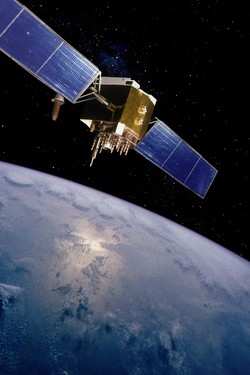Sun, Sep 16, 2007
Advertisement
More News
 ANN FAQ: Contributing To Aero-TV
ANN FAQ: Contributing To Aero-TV
How To Get A Story On Aero-TV News/Feature Programming How do I submit a story idea or lead to Aero-TV? If you would like to submit a story idea or lead, please contact Jim Campbel>[...]
 Classic Aero-TV: Bob Hoover At Airventure -- Flight Test and Military Service
Classic Aero-TV: Bob Hoover At Airventure -- Flight Test and Military Service
From 2011 (YouTube Edition): Aviation's Greatest Living Legend Talks About His Life In Aviation (Part 5, Final) ANN is pleased to offer you yet another snippet from the public conv>[...]
 Aero-News: Quote of the Day (11.12.25)
Aero-News: Quote of the Day (11.12.25)
“All Air Traffic Controllers must get back to work, NOW!!! Anyone who doesn’t will be substantially ‘docked. For those Air Traffic Controllers who were GREAT PATR>[...]
 ANN's Daily Aero-Linx (11.12.25)
ANN's Daily Aero-Linx (11.12.25)
Aero Linx: American Navion Society Welcome to the American Navion Society. Your society is here to support the Navion community. We are your source of technical and operating infor>[...]
 ANN's Daily Aero-Term (11.12.25): Glideslope Intercept Altitude
ANN's Daily Aero-Term (11.12.25): Glideslope Intercept Altitude
Glideslope Intercept Altitude The published minimum altitude to intercept the glideslope in the intermediate segment of an instrument approach. Government charts use the lightning >[...]
blog comments powered by Disqus




